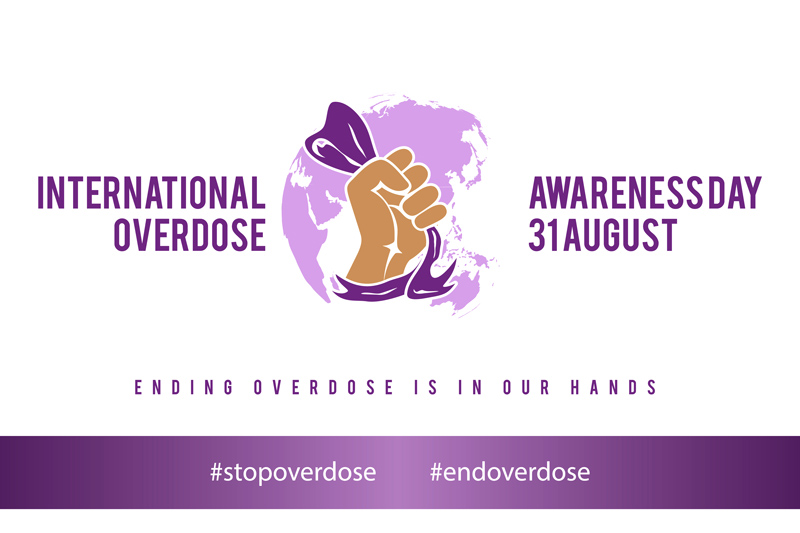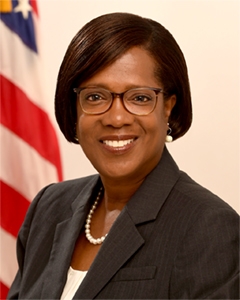On International Overdose Awareness Day, the U.S. Department of Health and Human Services (HHS) through the Substance Abuse and Mental Health Services Administration (SAMHSA) is announcing the awarding of $79.1 million in overdose prevention grants, as part of President Biden’s National Drug Control Strategy, the HHS Overdose Prevention Strategy, and the Biden-Harris Unity Agenda to address the opioid and overdose epidemic.

“Americans today are facing a mounting national crisis of mental health and substance use. We have been traveling across the country, as part of the National Tour to Strengthen Mental Health, to listen and learn about how HHS can support local communities with these issues,” said HHS Secretary Xavier Becerra. “To address overdose prevention, HHS is working to expand access across the full continuum – prevention, harm reduction, treatment and recovery supports – in an effort to help save lives.”
According to Centers for Disease Control and Prevention (CDC) data, more than 107,000 Americans died from drug overdoses in 2021, an increase of more than 15 percent from 2020.

Miriam E. Delphin-Rittmon, PhD
“Everyone in this country deserves access to effective overdose prevention, treatment and recovery programs,” said Miriam E. Delphin-Rittmon, Ph.D., HHS Assistant Secretary for Mental Health and Substance Use and the leader of SAMHSA. “SAMHSA is committed to advancing innovative and comprehensive approaches that prevent overdose, expand quality treatment and sustain recovery.”
The $79.1 million in grant funding comprises:
- $14.5 million for First Responders-Comprehensive Addiction and Recovery Support Services Act, which provides resources to first responders and others to train, carry and administer federally approved drugs and devices for emergency reversals of known or suspected opioid overdoses.
- $7.1 million for Rural Emergency Medical Services (EMS) Training Grants, which help rural areas recruit and train EMS personnel with a focus on addressing mental and substance use disorders.
- $8.2 million for Targeted Capacity Expansion: Special Projects, to implement targeted strategies for the provision of substance use disorder (SUD) or co-occurring disorder (COD) harm reduction, treatment, and/or recovery support services to support an under-resourced population or unmet need identified by the community.
- $1.5 million for Provider’s Clinical Support System – Universities to provide resources to train graduate-level students in medical, physician assistant, nurse practitioner and other eligible nursing programs in treating opioid use disorders (OUD) and in prescribing medications for opioid use disorder (MOUD) in office-based settings.
- $12.1 million for Services Grant Program for Residential Treatment for Pregnant and Postpartum Women, which provides pregnant and postpartum women and their children with comprehensive substance-use treatment and recovery support services across residential and outpatient settings. This year’s awards mark the expansion of program services to fathers, partners and other family members.
- $3 million for the Strategic Prevention Framework for Prescription Drugs (SPF Rx) grant program, which provides funds for state agencies, territories and tribal entities to target prescription drug misuse. The program raises awareness about the dangers of sharing medications, about fake or counterfeit pills sold online, and about over-prescribing.
- $32.7 million for Medication-Assisted Treatment – Prescription Drug and Opioid Addiction, which provides resources to help expand and enhance access to MOUD and to decrease illicit opioid use and prescription opioid misuse.
This article was originally published on August 31, 2022, and can be found here.
Americans searching for substance treatment and other services should visit findtreatment.gov or call SAMHSA’s National Helpline, 1-800-662-HELP (4357).
Reporters with questions should send inquiries to media@samhsa.hhs.gov.
The Substance Abuse and Mental Health Services Administration (SAMHSA) is the agency within the U.S. Department of Health and Human Services (HHS) that leads public health efforts to advance the behavioral health of the nation. SAMHSA’s mission is to reduce the impact of substance abuse and mental illness on America’s



